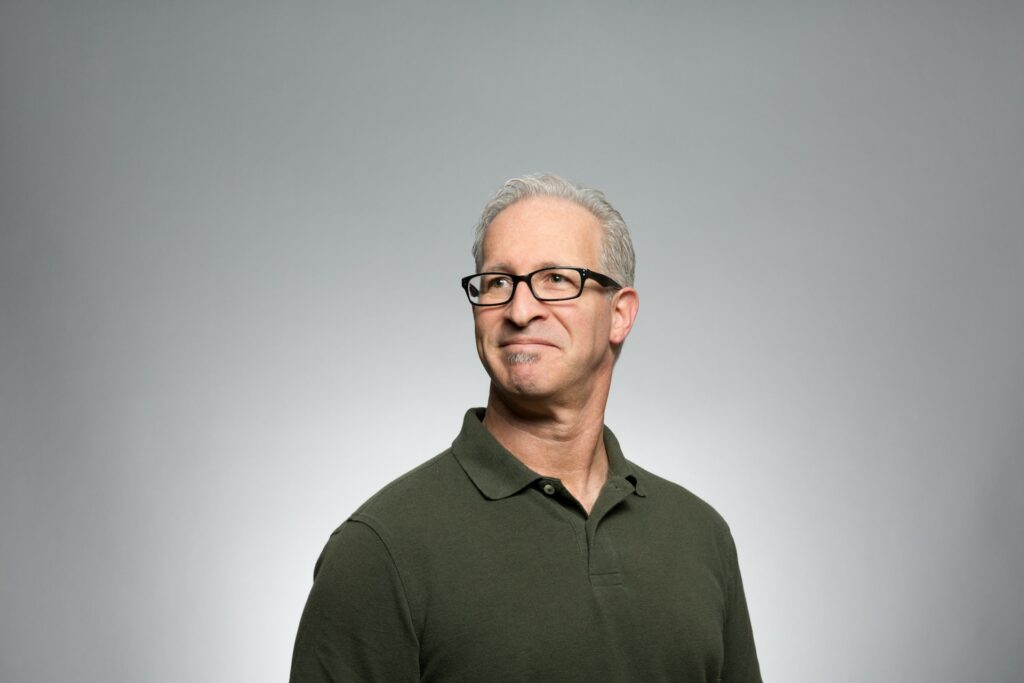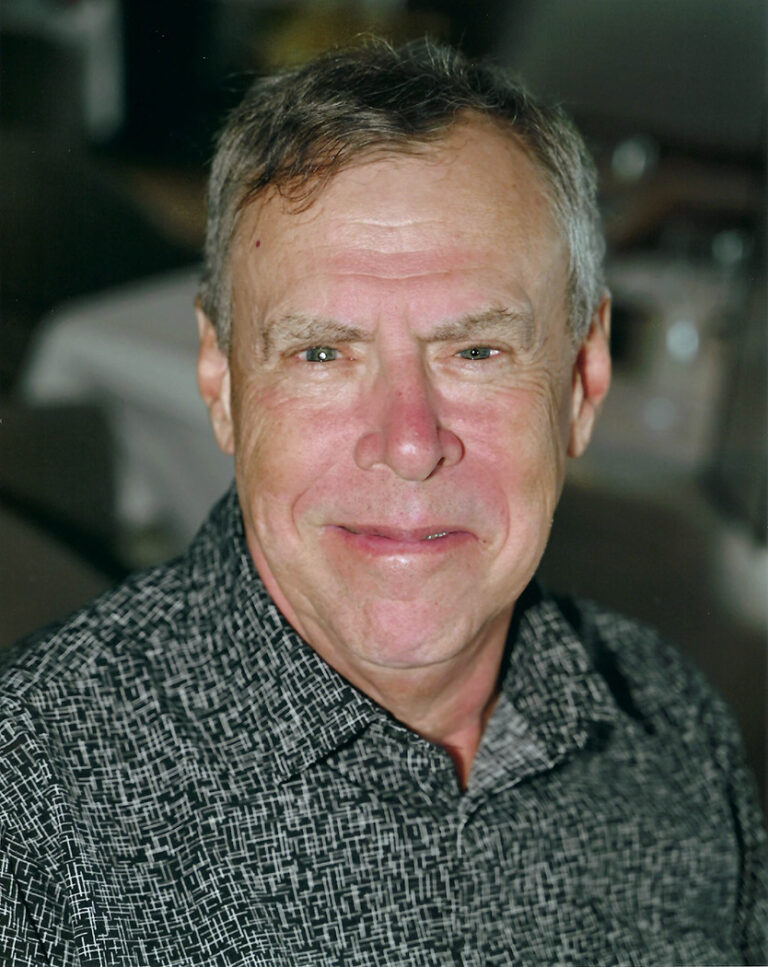Explore More
The Truth about Intuition: Why Top Executives Trust Their Gut Over Data?
What is the truth about Intuition? Striking a balance between your experience and analytical thinking is a complex process. Why Top Executives Trust Their Gut Over Data?

Trusting your intuition can be valuable in various situations, particularly when faced with decisions based on experience and pattern recognition. When dealing with familiar tasks or within your expertise, intuition often draws on accumulated knowledge, allowing for quick and effective decision-making.
Innovative problem-solving may also benefit from intuition, as it taps into subconscious processes that connect seemingly unrelated information. When faced with ambiguity or time constraints, intuition can serve as a rapid and adaptive guide.
The truth about your intuition- context and complexity
The truth about the power of your intuition is complex and it’s crucial to consider context and complexity. In situations where emotions heavily influence judgment, intuition might be biased. Striking a balance by combining intuitive insights with analytical reasoning can enhance decision quality.
Subconscious Wisdom: Intuition often taps into your subconscious, drawing on a reservoir of knowledge and experiences that may not be readily accessible to your conscious mind. It’s a form of wisdom that emerges without explicit awareness.
Pattern Recognition: Intuition excels at recognizing patterns and connections, allowing for quick assessments and decision-making. This can be especially valuable in situations where there’s limited time for conscious analysis.
Expertise Matters: Intuition tends to be more reliable in areas where you have expertise. As you accumulate knowledge and experience in a specific domain, your intuitive judgments become increasingly accurate.
Emotional Influence: Emotions can significantly influence intuition. It’s essential to be aware of your emotional state and recognize when emotions might cloud or enhance your intuitive insights.
Learned Responses: Intuition often stems from learned responses to similar situations. While this can be beneficial, it’s important to acknowledge that past outcomes may not always predict future scenarios accurately.
Balancing Act: Striking a balance between intuition and deliberate reasoning is crucial. Intuition is a powerful tool, but combining it with analytical thinking can lead to more well-rounded and informed decisions.
Continuous Learning: Cultivating intuition is an ongoing process. Regularly reflecting on the outcomes of intuitive decisions, whether successful or not, contributes to continuous learning and refinement of this innate ability.
Trust, but Verify: While intuition can be a reliable guide, it’s wise to verify critical decisions, especially in situations with high stakes. Combining intuitive insights with external data or analysis provides a comprehensive approach.
Understanding these truths about intuition empowers individuals to harness this innate ability effectively, navigating the complexities of decision-making with a nuanced awareness of what they may not consciously know.
Contrary to mystical connotations, intuition is revealed as a neurologically grounded behavior, honed by evolution to prompt swift responses when confronted with dilemmas.
Why does split-second decision-making outshine reason? “Gut Feelings” elucidates the scientific foundation behind Malcolm Gladwell’s “Blink.” Renowned psychologist Gerd Gigerenzer challenges the conventional wisdom that reflection and reason are the ultimate arbiters of effective decision-making. Instead, he champions intuition—a cognitive, emotional, and social repertoire that has evolved over millennia expressly for decision-making purposes. Malcolm Gladwell drew inspiration from Gigerenzer’s research, yet Gigerenzer takes it a step further, offering insights into why our gut instincts often prove to be accurate.
Ultimately, trusting intuition is prudent when aligned with your expertise, the task at hand, and when a quick response is essential. Regular reflection on the outcomes of intuitive decisions can refine and improve this innate ability over time.



